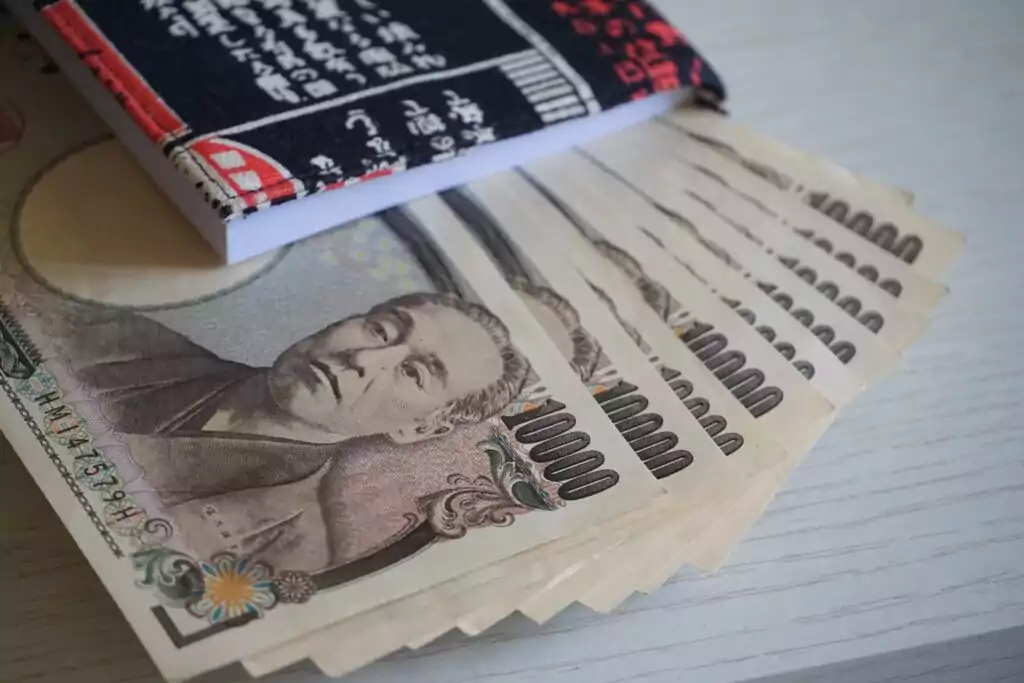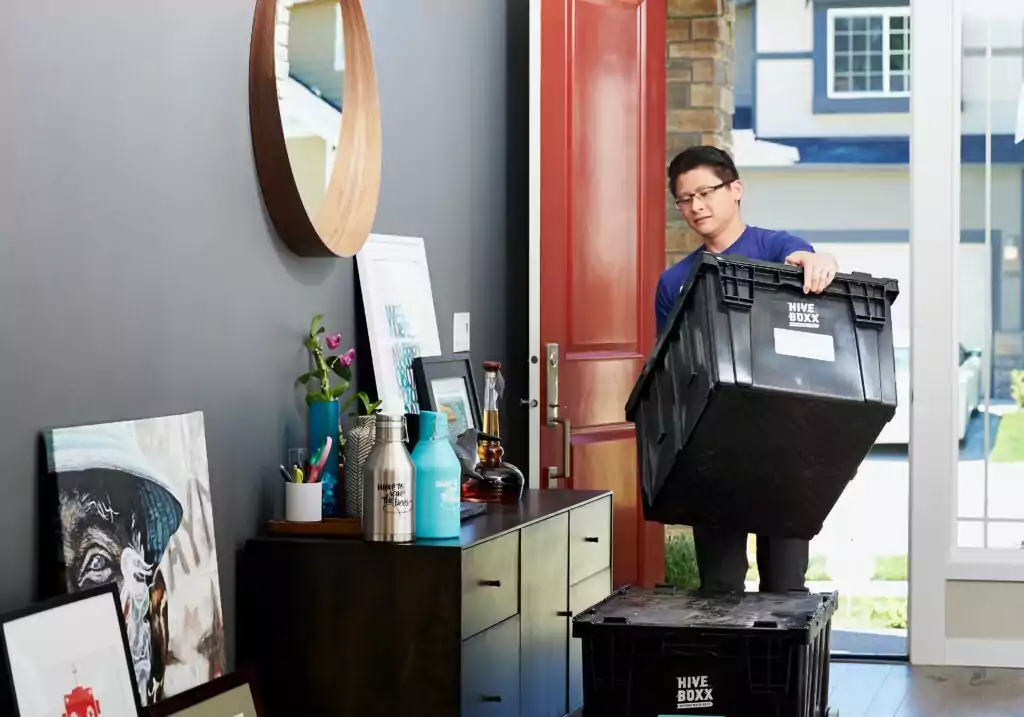In 2022, TimeOut Magazine ranked Tokyo as the 5th most expensive city in the world for expats and the 2nd most expensive city in Asia. However, a survey from the ECA (Employment Conditions Abroad) has found that the weakened Yen, high inflation, and negative interest rates have made living in Japan cheaper for employees whose salaries are being paid in other currencies.
When it comes to rent, how much you need to pay is highly dependent on where you choose to live – in a big metropolis like Tokyo or Osaka; in the countryside; or in a surrounding suburb.
If you’re on a rather tight budget, Village House may prove a suitable choice for you as they specialize in rental properties with low initial costs across all 47 prefectures in Japan.
Average Rent Price
Japan Guide revealed that the nationwide average monthly rent, excluding utilities and internet, for a 1-room apartment (20 m2 ~ 40 m2) can fall anywhere between ¥50,000 ~ ¥70,000. Of course, this may be cheaper or more expensive depending on where you are in Japan. For example, in Central Tokyo, apartments between 20 m2 and 40 m2 in popular wards are more likely to start at around ¥80,000 to ¥100,000.
Utilities in Japan vary depending on the size of your household and whether it’s summer or winter. That being said, utilities can average around ¥6,500 for electricity; ¥3,000 for gas; and ¥2,500 for a single individual.
Income

According to Salary Explorer, the typical Japanese employee can earn anywhere between ¥130,000 to ¥515,000 depending on the location of their job, level of work experience, level of education, and type of job.
Japan’s minimum hourly wage is determined by each region’s Regional Ministry of Health, Labor and Welfare, and as of April 2023, the current national weighted average minimum wage in Japan is ¥961. However, on July 28, 2023, a Japanese government panel proposed that the national average minimum wage be raised by ¥41 an hour to around ¥1,002.
With all this in mind, how much of your salary you should dedicate to rent will depend on the following:
- monthly expenses
- monthly salary
- the type of lifestyle you prefer
- how much you want or need to save
- how much you’re willing to spend on rent
- the type of rental property you want or need
- where in Japan you want to live
- if your company will subsidize some of your rent
Living Expenses

An individual’s living expenses in Japan vary depending on whether you’re a single person living alone, a couple living together, or a family. Many companies in Japan do offer benefits such as paying for transport and subsidizing rent so if this applies to you, then you can allot more of your monthly salary to other expenses.
The average one-way ticket for transport in Japan is around ¥205 and a monthly pass can start from around ¥8,000.
A normal taxi tariff usually starts from ¥600 with an additional ¥500 being added per kilometer.
If you’re a gym rat, the typical average gym membership in Japan is around ¥8,120.30 though this may be cheaper or more expensive depending on the company you sign up with, if there are discounts, etc.
For all the cinema-goers, tickets in Japan average around ¥1,900 though they have discount days where tickets can go for ¥1,200.
If you’re a foodie and/or someone who prefers to cook, you can save up on your grocery bill if you buy local products and keep an eye out for discounted prices at certain times of the day. For example, pre-cooked products are usually discounted near closing time and many Japanese supermarkets entice their customers with special discount days and promotion weeks.
If you’ve got little ones, generally, childcare fees, such as fees for kindergartens and nursery schools, are free in Japan. However, for infants of the ages between 0 and 2, a childcare fee of approximately ¥ 50,000 is required.
Moving Expenses

Moving in Japan for a single person can cost anywhere from ¥20,000 to ¥100,000 depending on how many belongings you have, how far your new home is from your current one, what moving company you decide to go with, and when you move. The peak season for moving for a lot of people living in Japan is March and April as this is when schools and the new business fiscal year starts. Moving companies are usually very busy during these months resulting in prices for their services being increased due to high demand.
Setting Priorities
Lastly, setting priorities can go a long way toward managing your rent, expenses, and savings. Try to come up with a list of average expenses for categories such as groceries, entertainment, travel, utilities, internet, takeout, delivery, etc.; then weigh the total against your current rent or your estimated rent budget. This can help provide you with a visual of the type of rental property you may or may not be able to afford.
If you are on the hunt for an apartment, Village House has over 1,000 budget-friendly properties across all 47 prefectures in Japan. They even provide move-in support with up to ¥30,000 cashback so if you’re really strapped for cash, why not check them out?
Related articles:
- Rental Apartment Woes? Here’s Where to Get Expert Advice!
- What Makes an Apartment More Expensive?
- Average Gas Utility Bills for a Person Living Alone: Tips on How to Save!
- Living Costs for College Students Living Alone: Tips for Saving Money!



